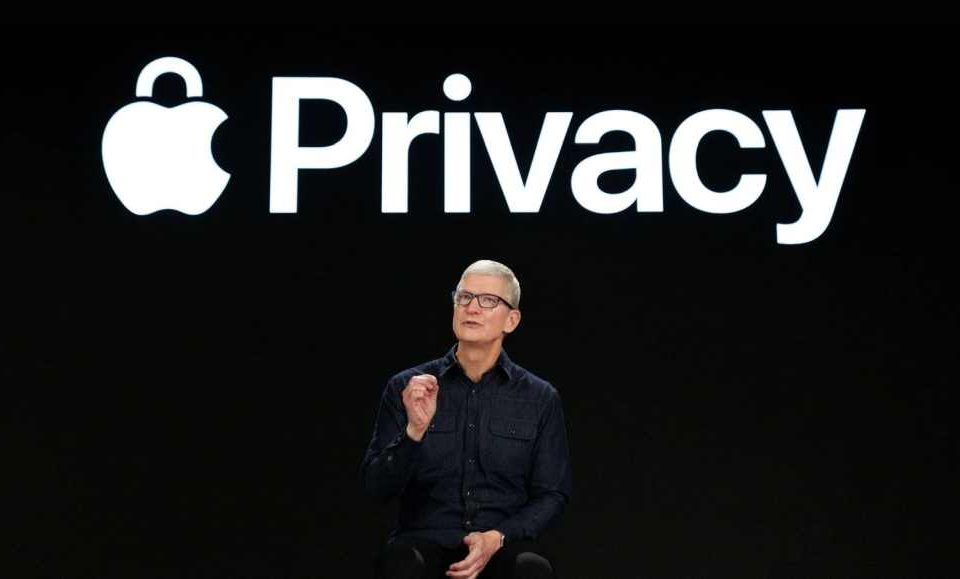Apple surrenders to the UK government, removes key privacy feature, and opens backdoor access to UK iPhone users’ data

After months of pushing back, Apple finally surrendered to the UK Labour government and removed the highest level data security tool for Apple users in the UK. This means that the UK government now has access to its citizens’ messages and camera roll.
In a significant policy shift, Apple has removed its strongest iCloud security tool for UK users after government pressure, a move that raises serious concerns about digital privacy.
Apple Removes Advanced Data Protection (ADP) Tool After UK Government Request
According to The Guardian, Apple has made a rare move by stripping UK users of its most advanced data security feature after the government insisted on gaining “backdoor” access to user data. The iPhone maker warned that users will now face greater risks of data breaches from bad actors following a directive from the Home Office.
“Apple has taken the unprecedented step of removing its strongest data security tool from customers in the UK, after the government demanded “backdoor” access to user data,” The Guardian reported.
The feature, Advanced Data Protection (ADP), provided end-to-end encryption, ensuring only users could access their files, photos, and notes. With its removal, new UK users can no longer enable ADP, and those who already use it will soon have to disable it. While iCloud Keychain, Health app data, and messages sent via iMessage and FaceTime will remain encrypted, everything else will now be accessible to Apple—and, with a warrant, to law enforcement.
This follows a demand from the UK government under the Investigatory Powers Act (IPA), which forces companies to provide access to encrypted data upon request. Critics have long referred to the legislation as the “snoopers’ charter” due to its sweeping surveillance powers, which include the ability to intercept communications and collect bulk data.
Apple has strongly pushed back against the decision. “We are gravely disappointed that the protections provided by ADP will not be available to our customers in the UK, given the continuing rise of data breaches and other threats to customer privacy,” the company said in a statement. Apple reiterated that it has never built, and will never build, a backdoor into its products.
Privacy advocates warn this move sets a dangerous precedent, arguing that once encryption is weakened, bad actors could exploit the same vulnerabilities the government now has access to. Cybersecurity experts also caution that other countries may demand similar concessions, forcing tech companies into an ongoing battle between privacy and government oversight.
For UK users, the decision means their data is no longer as private as it once was—and the impact may extend far beyond Britain.
Apple Privacy Policy Shift?

In a related development, Apple announced three years ago that it would scan and monitor all US iPhones for evidence of child abuse images. The announcement was praised by child protection groups, but security researchers raised concerns about the potential surveillance of personal devices. They warned that the system could be misused by governments to monitor their citizens.
With this policy, Apple, a private company, is now able to track every phone in the United States. But Matthew Green, a security professor at Johns Hopkins University, sounded the alarm: ‘This will break the dam—governments will demand it from everyone.’ Green is believed to be the first researcher to post a tweet about the issue.




